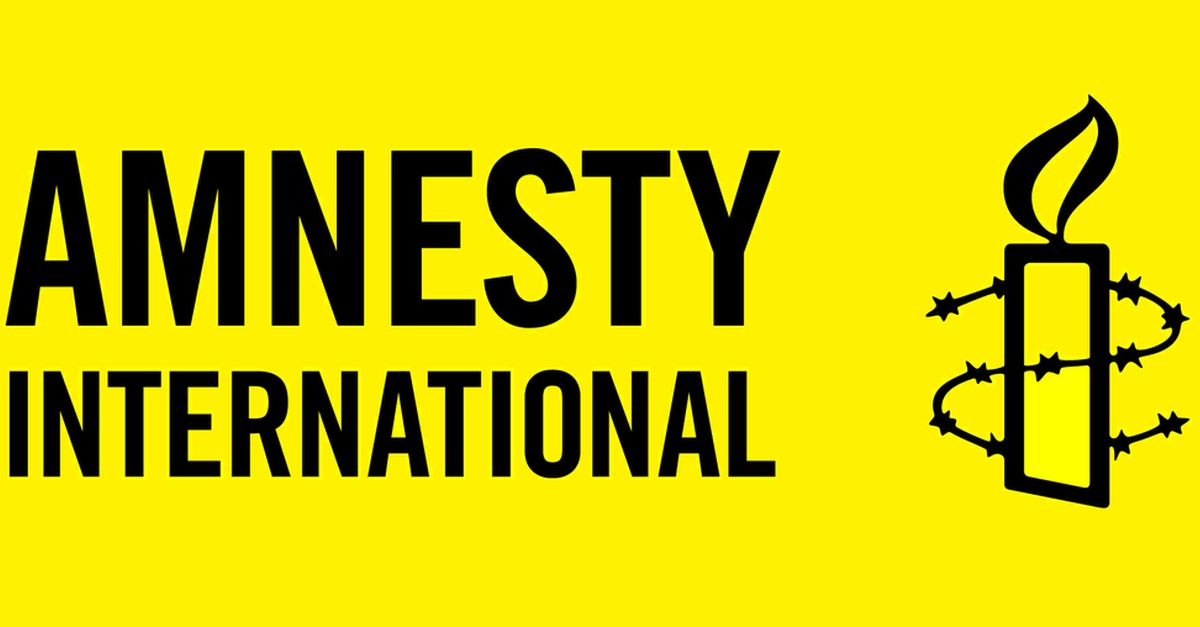
Russia: 'Landmark' ruling confirms ban on same-sex marriage is a violation of human rights
Published By Amnesty International UK [English], Tue, Jul 13, 2021 12:09 PM
ECHR ruled that Russia is in violation of the European Convention on Human Rights
‘This landmark decision underlines that the Russian government is on the wrong side of history’ - Natalia Zviagina
Reacting to the news that the European Court of Human Rights (ECHR) has ruled that Russia is in violation of the European Convention on Human Rights by not providing same-sex unions with the ability to gain legal recognition under domestic law, Natalia Zviagina, Amnesty International’s Moscow Office Director, said:
“This landmark decision underlines that the Russian government is on the wrong side of history, supporting and enabling homophobia and depriving LGBTI people of their basic human rights. The court explicitly stated that the Russian state is obliged to respect the human rights of same-sex couples and guarantee their equal recognition under the law. “While there is little hope that the Russian authorities will lift the ban on same-sex marriages, this ruling provides alternative ways in which same-sex unions can be legally recognised. “We call on the Russian authorities to immediately end all forms of discrimination against LGBTI people, repeal the homophobic law on ‘propaganda of non-traditional sexual relations’ and take all measures to fully protect LGBTI people and their human rights, including the right to family.”
Today (13 July), the ECHR ruled that the lack of any opportunity to have same-sex relationships formally acknowledged in Russia constitutes a violation of Article 8 of the European Convention for the Protection of Human Rights and Fundamental Freedoms (“right to family”).
The case was based on three applications to the Court made by same-sex couples from Moscow and Gryazi who, since 2009, have attempted to marry only for their marriage applications to be refused by local register offices.
In its decision, the Court underlined that national governments can have “a margin of appreciation to choose the most appropriate form of registration of same-sex unions taking into account its specific social and cultural context,” but Russia had “overstepped that margin, because no legal framework capable of protecting the applicants’ relationships as same-sex couples has been available under domestic law.”
The Court believes that Russia is able to give access to formal acknowledgment of same-sex couples’ status in a form other than same-sex marriage, which has been explicitly banned by the amendments to the Russian Constitution passed in 2020.
Press release distributed by Media Pigeon on behalf of Amnesty International UK, on Jul 13, 2021. For more information subscribe and follow